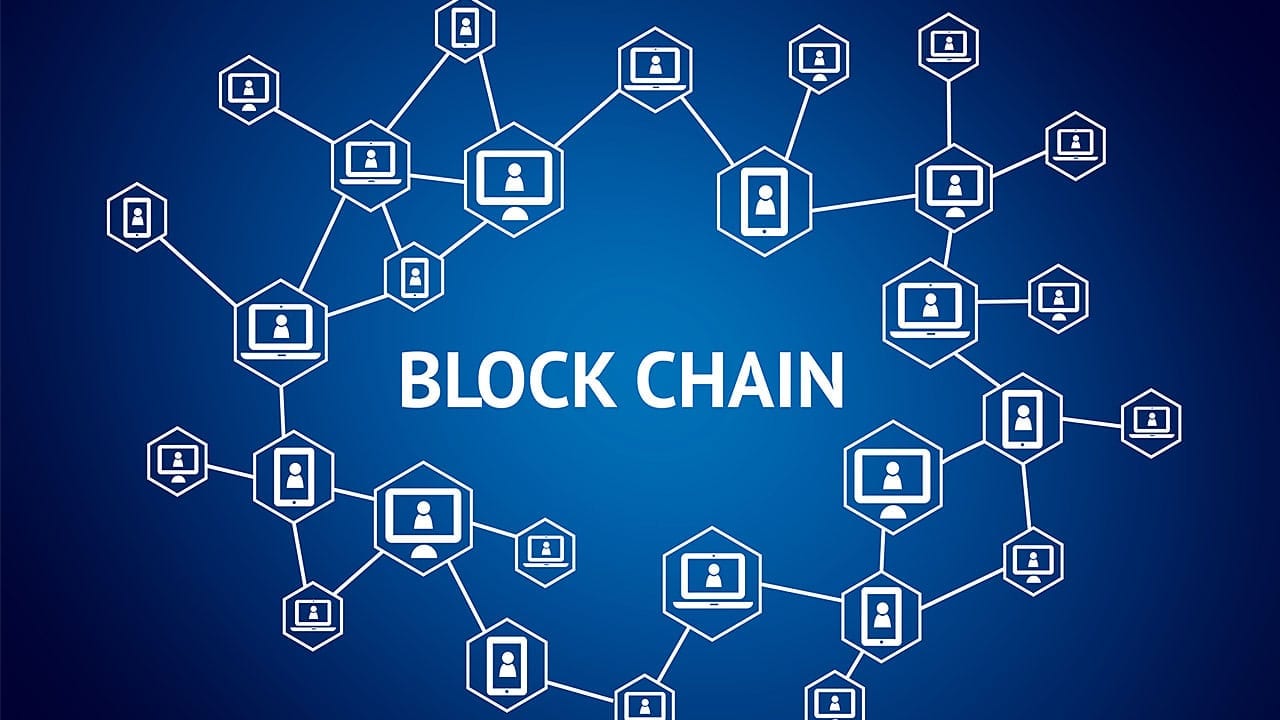Blockchain might be synonymous with Bitcoin, the infamous cryptocurrency, but this cutting-edge technology could soon find its way into many different industries. Speculation abounds as to the possible ways blockchain technology could be used. From secure voting to reinventing the supply chain, there are many different industries and scenarios that might benefit from blockchain technology.
In fact, hospitality is one industry that may one day use this technology. How would this technology be beneficial to professionals working in the industry? Read on to find out.
How Does Blockchain Technology Work?
To understand how blockchain could be used by professionals with a hospitality management diploma, it’s important to examine how blockchain technology works. A blockchain is a chain of data. Every block within the blockchain will have a record of the block that came before it in the chain. This way, if a hacker or other malicious party tries to alter the information of a particular transaction, that tampering will stand out as the block will no longer fit with the others on the chain.
That’s not all, though. Users of the blockchain all over the world each have a copy of the chain, which is continuously updated as new blocks are added. If someone tries to tamper with their copy of the chain, that error will be detected by the rest of the network, making theft and fraud difficult—if not impossible.
How Your Hospitality Career Could Benefit from Blockchain
Why might you encounter blockchain technology during your hospitality career? To start with, because blockchain offers excellent security, it can be a wonderful way for hotels to ensure the validity and security of payments.
However, the benefits of blockchain extend far beyond security. Because information from previous transactions is also stored, blockchain technology could also be used for loyalty programs. These wouldn’t be ordinary loyalty programs with just one hotel or a few select partners. They could encompass many different companies all over the world—and involve everything from airfare to hotels to restaurants or gift shops along the way.
Blockchain might also be able to automate certain parts of the booking process, as algorithms could automatically confirm the validity of someone booking a room. This could be a particularly attractive option for hospitality professionals, as it allows them to cut costs, remain profitable, and attract more guests all at the same time.

loyalty programs can help guests feel even more pampered and appreciated
Blockchain Skeptics Remain Unsure About this Technology
However, despite the many hypothetical benefits that blockchain technology could offer, many skeptics are far less sure about the widespread adoption of this technology. For starters, blockchain can be quite slow at processing transactions, something that is not ideal for hospitality professionals. For large hotel chains that may complete many transactions in a short amount of time, switching to a slower system could cause a lot of difficulties. Not only that, but blockchain technology also uses significantly more energy to power operations than traditional systems. For hotels looking to attract eco-conscious guests, cutting down on energy consumption is often the preferred option.
For students graduating from hospitality college in Alberta, it might be a while before blockchain becomes a mainstream facet of hospitality. In fact, while this technology holds many advantages, many hotels, motels, and other establishments may avoid using it altogether. While the future of blockchain in hospitality remains to be seen, one thing is for certain: there’s a lot to get excited about with this career path!
Do you want to complete training for a rewarding career?






